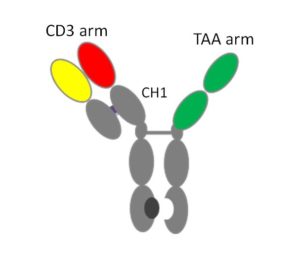Companies developing monoclonal antibodies face major challenges in developing and implementing a suitable manufacturing strategy and securing adequate capacity. Planning for products that are under development, and possibly years away from commercialization, entails uncertainty and risk. Establishing a manufacturing strategy that aligns with the company’s business objectives, considers risks and challenges, and prioritizes timing and cost of manufacturing these products is a critical task.
Companies without a well-developed manufacturing strategy can make unwise short-term manufacturing decisions based on their immediate needs and without adequate consideration of the long-term implications of these decisions.
Companies without existing manufacturing capability must decide initially how to access capacity – to build a facility, to partner with or license to companies with suitable manufacturing capacity, or to outsource to a contract manufacturing organization (CMO).
For clinical product development companies, investment decisions must be made early, when there are still significant technical, clinical, and regulatory risks associated with drug development. This uncertainty makes building a facility an unappealing prospect in most cases.
If partnering with, or licensing to, companies with suitable manufacturing capacity is done during preclinical or early clinical development, the sponsoring company may dilute the value of the asset unnecessarily.
A preferred option is to outsource to a competent contract manufacturing organization (CMO). This alleviates much of the risk and uncertainty and allows the sponsoring company to choose a strategy that best fits its business plan. A good contract manufacturing organization will design a production roadmap that guides product development and will deliver a high quality product that meets regulatory requirements in sufficient quantity.
However, not all CMO’s are created equal. In-depth research is needed to choose the best CMO for a sponsor’s needs and priorities. Expertise and capability can vary greatly from facility to facility; analytical methods differ, bulk production CMO’s may have minimal formulation development expertise, and not all CMOs are equally good at making cell lines.
An experienced Chemistry, Manufacturing and Control (CMC) consultant can assist with CMO identification, evaluation and selection. A CMC consultant will provide technical, quality and regulatory expertise and will evaluate CMO capabilities to help a company choose a CMO that best matches its priorities. A CMC consultant will guide the CMO engagement and manage the CMO for the company. Working together, the CMC consultant and the CMO will provide the company with a well-developed strategic plan that will help guide the manufacturing planning process and minimize disruptions and fluctuations in production.





